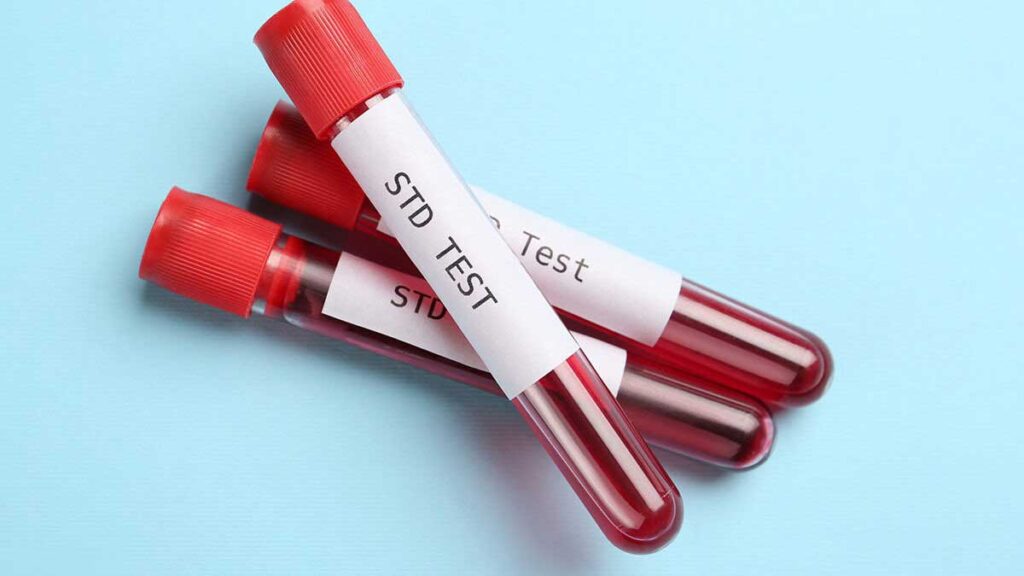Sexually transmitted diseases (STDs) are infections that can be contracted through sexual activity, affecting people across diverse demographics. Familiarizing yourself with the most prevalent STDs, understanding their symptoms, and recognizing effective prevention methods are critical for maintaining optimal sexual health. In this detailed blog post, we will delve into the intricacies of common STDs, their associated symptoms, and proactive measures for prevention.
Ready to take charge of your sexual health and get comprehensive STD testing and care? Reach out to Texas Specialty Clinic today.
Familiarizing with Common STDs and Their Symptoms
Chlamydia
Symptoms:
- Painful urination
- Abdominal discomfort
- Unusual genital discharge
- Inter-menstrual bleeding
Preventive Measures:
- Consistent and correct condom use
- Regular STD testing and timely treatment
- Encouraging sexual partners to undergo testing
Gonorrhea
Symptoms:
- Painful urination
- Unusual genital discharge
- Sore throat
- Pelvic inflammatory disease (in females)
Preventive Measures:
- Consistent condom usage
- Routine testing and prompt treatment
Syphilis
Symptoms:
- Genital or oral sores or ulcers
- Rash on palms and soles
- Fever
- Fatigue
Preventive Measures:
- Condom use
- Regular STD testing and treatment
- Reducing the number of sexual partners
HIV/AIDS
Symptoms:
- Flu-like symptoms (initial stage)
- Chronic fatigue
- Weight loss
- Frequent infections (advanced stage)
Preventive Measures:
- Condoms and PrEP (pre-exposure prophylaxis)
- Regular testing and treatment
- Safe needle practices for individuals who use drugs
Herpes
Symptoms:
- Painful sores or blisters in genital or oral areas
- Itching and tingling
Preventive Measures:
- Condom usage (reduces risk, but not foolproof)
- Avoiding sexual contact during outbreaks
HPV (Human Papillomavirus)
Symptoms:
- Genital warts
- Specific strains linked to cervical and other cancers
Preventive Measures:
- HPV vaccination
- Regular pap smears (for females)
- Condom use
Effective Strategies for Prevention
Practicing Safe Sex:
Consistently and correctly using condoms can substantially reduce the risk of STD transmission.
Limiting the number of sexual partners decreases the risk of exposure.
Vaccination:
Receiving vaccines for preventable STDs like HPV and Hepatitis B is crucial.
Regular Testing:
Regular STD testing, particularly for individuals with multiple partners or those belonging to high-risk groups, is essential for early detection and treatment.
Communication with Partners:
Open and honest discussions with sexual partners about STD status and preventive measures are essential for mutual health protection.
Educational Awareness:
Staying informed about STDs, their symptoms, and preventive measures through reliable sources is imperative.
Acquainting yourself with common STDs, recognizing their symptoms, and adopting preventive measures are fundamental steps towards fostering a responsible and health-conscious approach to your sexual life. Routine testing, safe sexual practices, and vaccinations are integral aspects of STD prevention. Remember, early detection and prompt treatment are not only crucial for your well-being but also for the welfare of your sexual partners. By prioritizing sexual health and responsible behaviour, we can collectively work towards reducing the prevalence of STDs within our communities.


